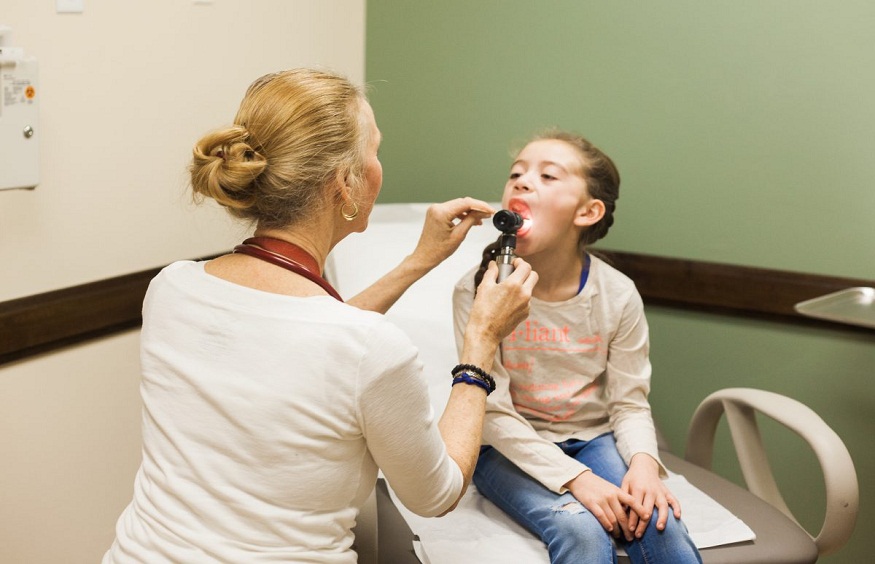Welcome to today’s blog post. We’re diving into the significant role a general practitioner plays in end-of-life care. These doctors, often based in places like the Integrated Family Medical Center, carry a significant weight. They guide us through the hardest times. They help us navigate the complexity of healthcare. They ensure our loved ones receive the dignity they deserve. Today, we’ll explore their vital role in end-of-life care.
The Purpose of a General Practitioner
Imagine a lighthouse guiding ships through a storm. A general practitioner is just that. They guide patients and their families through the storm of illness. They provide care and direction when things seem uncertain.
The Many Roles in End-of-Life Care
End-of-life care is not just about health. It is about comfort, dignity, and respect. It is a journey everyone will take. A journey where a general practitioner plays many roles.
- They are the main point of contact, steering the ship.
- They coordinate care with other health professionals.
- They manage physical symptoms and control pain.
- They provide emotional support and guidance.
Why the General Practitioner Matters
We often underestimate the value of a general practitioner. Like the conductor of an orchestra, they bring everything together. They ensure all parts work together. They create harmony out of chaos. They bring calm in the face of fear.
A Comparison of End-of-Life Care in Different Settings
End-of-life care happens in many places. It could be a hospital, a care home, or at home. Each setting has its pros and cons.
| Setting | Pros | Cons |
| Hospital | Access to advanced medical care. | Lack of personal comfort and privacy. |
| Care home | 24/7 professional care and support. | Possibly less familiar surroundings. |
| Home | Familiar surroundings and comfort. | May not have access to immediate medical care. |
The role of a general practitioner does not change based on the setting. They remain the guide, the support, and the coordinator. They help ensure the best possible end-of-life care.
Conclusion
End-of-life care is a sensitive and complex journey. It demands a compassionate, knowledgeable guide. That guide is the general practitioner. They play a crucial role in ensuring a dignified, respectful end-of-life experience.




